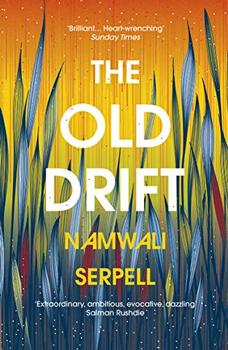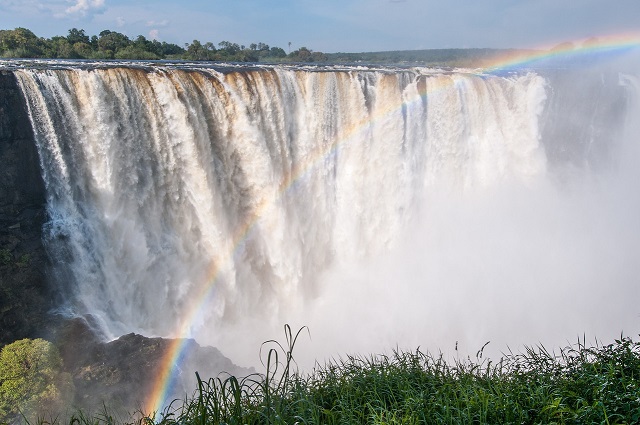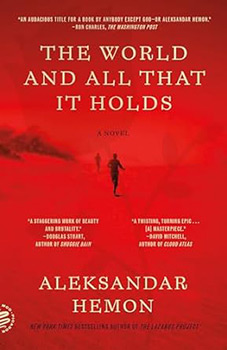Summary | Excerpt | Reading Guide | Reviews | Beyond the book | Read-Alikes | Genres & Themes | Author Bio

An electrifying debut from the winner of the 2015 Caine Prize for African writing, The Old Drift is the Great Zambian Novel you didn't know you were waiting for.
On the banks of the Zambezi River, a few miles from the majestic Victoria Falls, there was once a colonial settlement called The Old Drift. Here begins the epic story of a small African nation, told by a mysterious swarm-like chorus that calls itself man's greatest nemesis. The tale? A playful panorama of history, fairytale, romance and science fiction. The moral? To err is human.
In 1904, in a smoky room at the hotel across the river, an Old Drifter named Percy M. Clark, foggy with fever, makes a mistake that entangles the fates of an Italian hotelier and an African busboy. This sets off a cycle of unwitting retribution between three Zambian families (black, white, brown) as they collide and converge over the course of the century, into the present and beyond. As the generations pass, their lives – their triumphs, errors, losses and hopes – form a symphony about what it means to be human.
From a woman covered with hair and another plagued with endless tears, to forbidden love affairs and fiery political ones, to homegrown technological marvels like Afronauts, microdrones and viral vaccines – this gripping, unforgettable novel sweeps over the years and the globe, subverting expectations along the way. Exploding with color and energy, The Old Drift is a testament to our yearning to create and cross borders, and a meditation on the slow, grand passage of time.
This novel is not a one-night read, but an intricate exploration of major historical and current events. With a lens on Zambia, the book grapples with universal questions. Beneath the human pageant that Serpell directs, nature pulses with its own imperatives; a gifted storyteller delivers an intriguing, sometimes challenging novel...continued
Full Review
 (951 words)
(951 words)
(Reviewed by Karen Lewis).
 One of the longest rivers in the world, the Zambezi is fed by many tributaries and flows more than 1,500 miles from the Democratic Republic of the Congo through Angola, Namibia and Botswana, then carves its way through Zambia and Zimbabwe and southeast through Mozambique, ultimately spilling into the Indian Ocean. In some places it's relatively shallow, but in others it is more than 500 feet deep.
One of the longest rivers in the world, the Zambezi is fed by many tributaries and flows more than 1,500 miles from the Democratic Republic of the Congo through Angola, Namibia and Botswana, then carves its way through Zambia and Zimbabwe and southeast through Mozambique, ultimately spilling into the Indian Ocean. In some places it's relatively shallow, but in others it is more than 500 feet deep.
In Namwali Serpell's novel The Old Drift, significant story elements relate to the Zambezi River, a section of which was called "The Drift" during the late 19th century when early European explorers deemed it a relatively easy place to cross compared with more treacherous gorges, rapids or waterfalls. Also mentioned in the novel, European ...

If you liked The Old Drift, try these:

The Creation of Half-Broken People
by Siphiwe Gloria Ndlovu
Published 2025
Stupendous African Gothic, by the winner of Yale University's Windham–Campbell Prize.

The World and All That It Holds
by Aleksandar Hemon
Published 2024
The World and All That It Holds―in all its hilarious, heartbreaking, erotic, philosophical glory―showcases Aleksandar Hemon's celebrated talent at its pinnacle. It is a grand, tender, sweeping story that spans decades and continents. It cements Hemon as one of the boldest voices in fiction.